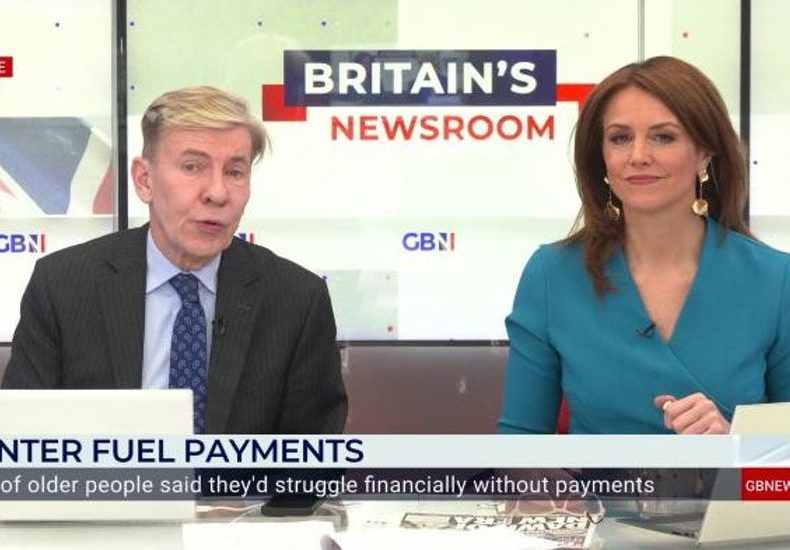
TV licence fee could be SCRAPPED as ‘honest conversation’ into future of BBC funding begins
The TV licence fee could be scrapped after the Labour Government’s announcement that a “honest conversation” into the BBC’s funding model will now take place.
Culture Secretary Lisa Nandy has confirmed the public broadcaster’s licence fee model will continue until at least 2027, with plans to review the broadcaster’s long-term funding structure.
Nandy has committed to examining all funding options during the next Royal Charter review, which will determine the future of the BBC.
This review will include input from viewers and stakeholders. Nandy has scrapped the previous Government’s expert panel review of BBC funding, instead incorporating these discussions into the broader Royal Charter review process.
The Royal Charter, which governs the BBC’s operations, undergoes periodic Government review to ensure the broadcaster meets its public service obligations.
This announcement comes as the BBC faces mounting pressure from global streaming platforms and a reported decline in licence fee income of more than 30 per cent.
Do you have a money story you’d like to share? Get in touch by emailing [email protected].
The review will look into the changing media landscape and consider sustainable funding options for the corporation’s future.
Currently, the TV licence fee stands at £169.50 per year, equivalent to just over £14 monthly.
This fee applies to anyone watching live television on any device or network, including those who exclusively watch non-BBC content.
From April 2025, the annual cost will increase to £174.50, following an agreement made under the previous Government to align fee increases with inflation until 2027.
After taking power earlier this year, Labour pledged additional support for households facing financial difficulties who cannot afford the licence fee.
Labour aims to ensure these households can still access the cultural and educational benefits of live television programming.
A discounted TV licence fee scheme already exists for those meeting specific eligibility criteria.
The current funding model requires payment from all live television viewers, regardless of whether they watch BBC content, including those streaming live sports on platforms like Prime Video.
These considerations come as the BBC grapples with significant changes in viewer habits and increased competition from streaming services. In a written statement to Parliament, Nandy emphasised the BBC’s crucial role in British society.
“The BBC provides much-needed programming for households across the country, including childrens education, world-class entertainment and trusted news for all people in all parts of the UK” she said.
LATEST DEVELOPMENTS:
Labour faces legal backlash to ‘cruel’ Winter Fuel Payment cut as pensioners lose £300Pension disaster as Britons could lose ‘tens of thousands in retirement savings’Pensioners urged to claim extra £3,900 a year after 44,000 terminally ill lose Winter Fuel Payments
The Culture Minister expressed her commitment to securing the broadcaster’s future. She added: “I want to see it thrive for decades to come.
“Through the Charter Review, we will have an honest national conversation about the broadcasters long-term future.”
Nandy stressed the importance of balancing sustainability with fairness to licence fee payers.
The Wigan MP pledged to ensure: “The BBC has a sustainable public funding model that supports its vital work but is also fair and responsive to those who pay for it. The Minister also highlighted immediate support measures being implemented.”
“In the short term, we are providing the BBC with funding certainty, while supporting thousands more households facing financial hardship to spread the cost of a TV licence,” she confirmed.